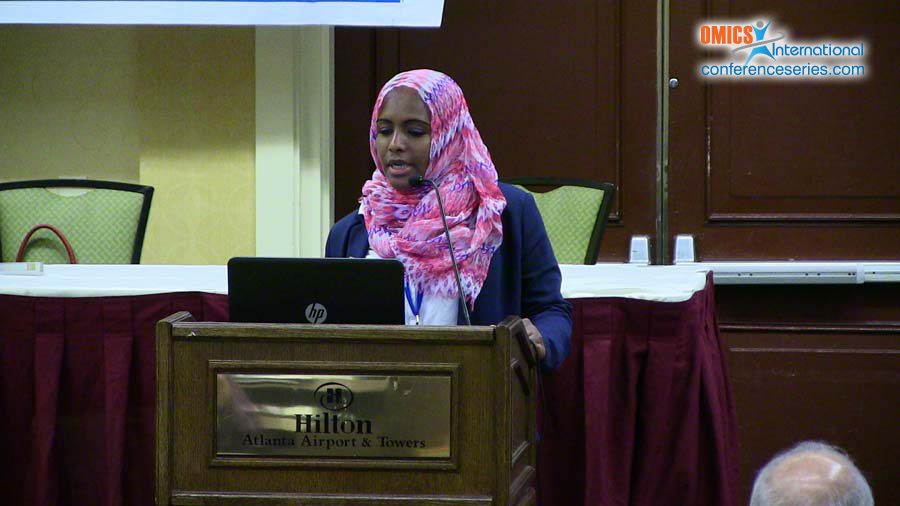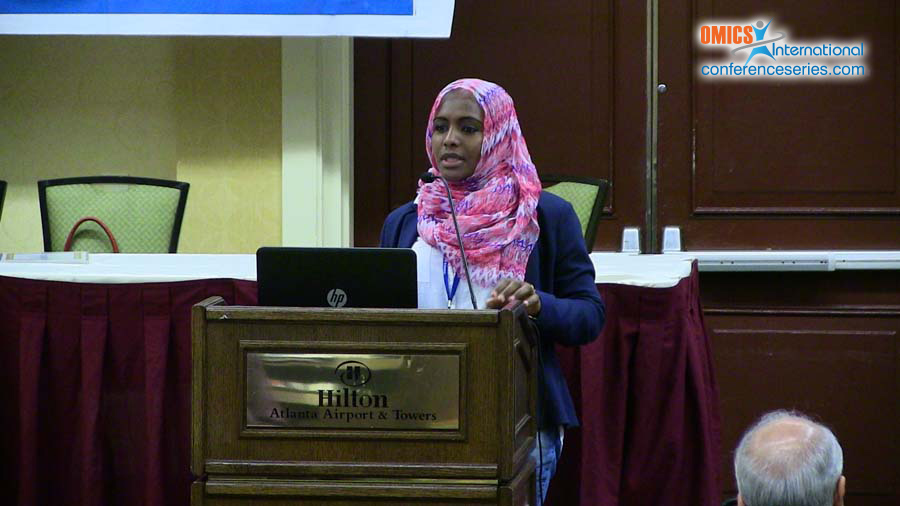
Hiba Mohammed Ali Babiker
Max Planck Institute for Evolutionary Biology, Germany
Title: Genetic diversity and population structure of populations from Sudan based on 15 autosomal markers
Biography
Biography: Hiba Mohammed Ali Babiker
Abstract
Studies of genetic variation in African populations have gained attention since evidence from both archeology and genetics confirmed that the genetic diversity in African populations is the highest compared to populations in other continents. Sudan is located in northeastern Africa, with substantial ethnic, cultural and linguistic diversity. It forms a major part of the Nile valley which is hypothesized to be a way out of Africa for human migrations. We sampled 498 individuals from 18 Sudanese populations representing different ethnic and linguistic groups and typed them using the 15 Identifiler microsatellite markers. The combined power of exclusion (PE) was 0.9999981, and the combined match probability was 1 in 7.4×1017. The genotype data from the Sudanese populations was combined with previously published genotype data from Egypt, Somalia and the Karamoja population from Uganda. The Somali population stands out genetically from the other northeast African populations. Individuals from northern Sudan showed similar clustering pattern as those from Egypt, and individuals from southern Sudan clustered with those from the Karamoja population. We conclude that the combination of the 15 STR loci is a useful and powerful tool for personal identification and parentage analysis in Sudan despite the levels of population structure. However, a larger set of markers is recommended for the detection of fine-scale population structure. Most of the genetic variation was observed within populations and the genetic difference between linguistic and geographic groups was not great, but it seems that, in Sudan, geography plays an important role in determining differences between the populations



